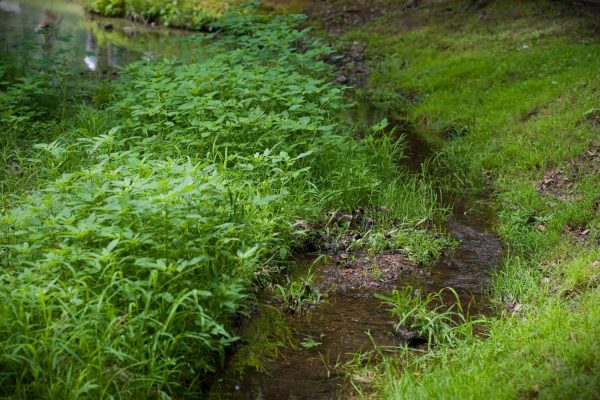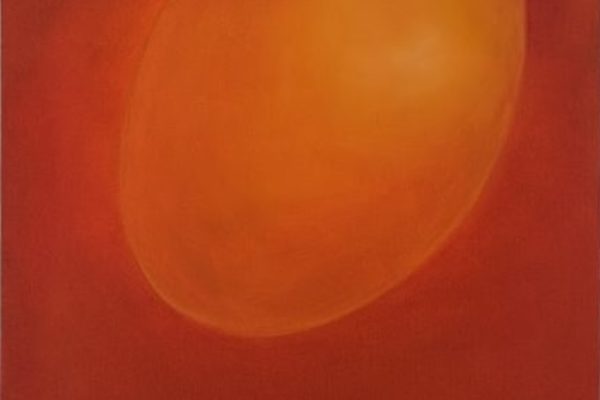This is an interpretive Torah experience for Rosh Hashanah, incorporating Hagar’s story from the Torah reading on the first day of Rosh Hashanah, and the Akedah, which we read on the second day. This is designed to be read aloud by two people, each taking one of the parts below.
Sarah and Hagar, together: My child nearly died.
Hagar: Sarah sent us into the wilderness. Abraham spoke the words but it was her voice in his throat. I’ve never forgiven her.
Sarah: I woke up to an empty home. My heart roared and there was a metallic taste in my mouth. Abraham and Isaac were climbing the mountain.
Sarah and Hagar: I was alone.
Hagar: There was no water. I lay my child down beneath a tree. I couldn’t bear to watch Ishamel die.
Sarah: Isaac knew something was wrong. He asked about the lamb for the sacrifice. “God will see to the offering,” my husband said. They walked on together.
Sarah: Min hametzar karati Yah
Hagar: anani bamerkhav Yah
Sarah: I called out to God from the narrow place
Hagar: And God answered me. God showed me a well. The water saved my child from death in the wilderness.
Sarah: I never heard God’s voice, but I know God saved my child from my husband’s hand. Abraham would have done it. I’ve never forgiven him.
Sarah and Hagar: I loved Abraham but he abandoned me.
Hagar: My son and I survived. God never broke the promise.
Sarah: I died when I heard what happened. But God never broke the promise. Isaac
Hagar: and Ishmael each became
Sarah and Hagar: a great nation.
Hagar: You remember me on Rosh Hashanah
Sarah: My voice echoes in every generation on Yom Kippur.
Sarah and Hagar: We are the shofar’s cry.
Sarah: Wailing, like I did when I learned the truth.
Hagar: Sobbing, like I did when God called back to me, and I knew my child was safe.
Sarah and Hagar: Tekiah Teruah Shevarim
Sarah: Broken
Hagar: Triumphant
Sarah and Hagar: And free.











